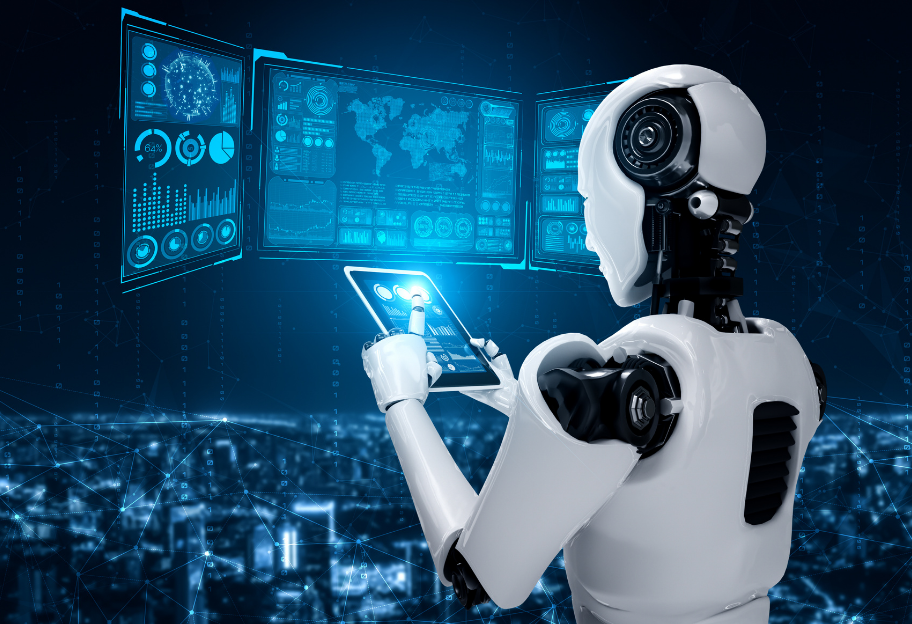Quantum computing is a revolutionary approach to computation that leverages the principles of quantum mechanics to perform certain types of calculations more efficiently than classical computers. Unlike classical bits, which can exist in a state of 0 or 1, quantum bits or qubits can exist in multiple states simultaneously, thanks to a phenomenon called superposition. This ability to exist in multiple states enables quantum computers to process information in parallel, potentially providing significant speedup for specific problems.
Quantum Bits (Qubits):
In classical computing, bits are the basic units of information, representing either a 0 or a 1. Quantum computers use qubits, which can exist in a state of 0, 1, or both simultaneously due to superposition. This allows quantum computers to explore many possible solutions to a problem at once.
Entanglement:
Another key quantum concept is entanglement, where qubits become correlated in such a way that the state of one qubit is directly related to the state of another, regardless of the distance between them. This interconnectedness enables quantum computers to perform complex computations more efficiently than classical counterparts.
Quantum Gates:
Quantum computers manipulate qubits using quantum gates, analogous to classical logic gates. However, quantum gates can perform operations on qubits that take advantage of superposition and entanglement, allowing for more sophisticated computations.
Quantum Superposition:
Superposition is a fundamental quantum principle that enables qubits to exist in multiple states at once. This property allows quantum computers to process a large number of possibilities simultaneously, providing a potential exponential speedup for certain algorithms.
Quantum Measurement:
When a quantum system is measured, it collapses to one of its possible states. This is a crucial aspect of quantum computing, as the final result of a computation is obtained through measurement. The probabilities of obtaining different outcomes are influenced by the quantum states achieved during computation.
Quantum Decoherence:
Maintaining coherence is a significant challenge in quantum computing. Qubits are susceptible to environmental influences, causing loss of quantum information through a process called decoherence. Efforts are made to implement error correction techniques to mitigate the impact of decoherence.
Quantum Algorithms:
Quantum algorithms, such as Shor’s algorithm and Grover’s algorithm, exploit the unique properties of quantum computers to solve certain problems more efficiently than classical algorithms. Shor’s algorithm, for instance, can factor large numbers exponentially faster than the best-known classical algorithms, posing a potential threat to classical cryptographic systems.
Applications:
Quantum computing holds promise for solving complex problems in various domains, including optimization, cryptography, drug discovery, and machine learning. For example, it could revolutionize optimization problems by quickly finding optimal solutions among vast possibilities.
Challenges:
Despite the potential, building and maintaining a practical quantum computer face substantial challenges. Ensuring the stability of qubits, minimizing errors, and addressing scalability issues are active areas of research.
Quantum Supremacy:
Quantum supremacy refers to the point at which a quantum computer can perform a specific task faster than the best classical computers. Google’s achievement of quantum supremacy in 2019 marked a significant milestone, demonstrating that a quantum computer could solve a specific problem more quickly than classical counterparts.
Future Outlook:
The field of quantum computing is rapidly evolving, with ongoing efforts to improve qubit stability, develop fault-tolerant quantum computers, and explore new quantum algorithms. As the technology advances, its potential impact on various industries and scientific fields is expected to grow.
In conclusion, quantum computing represents a paradigm shift in computation, harnessing the principles of quantum mechanics to perform calculations that were once thought to be infeasible for classical computers. While challenges remain, the progress made in recent years suggests that quantum computing has the potential to revolutionize how we solve complex problems and advance scientific discovery in the years to come.
FAQ



Leave a Reply